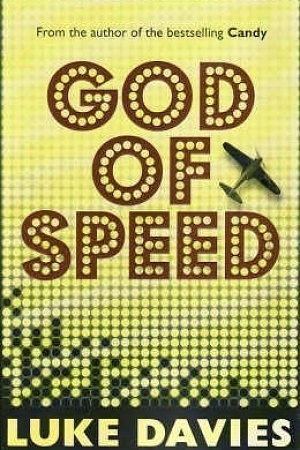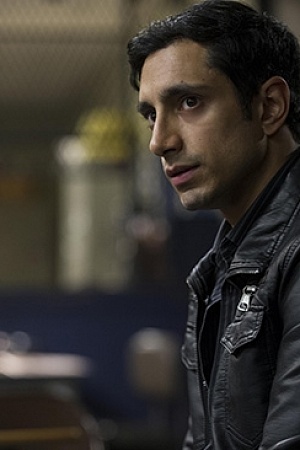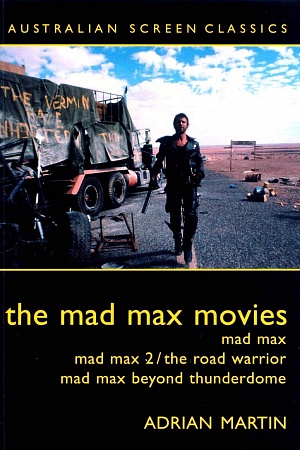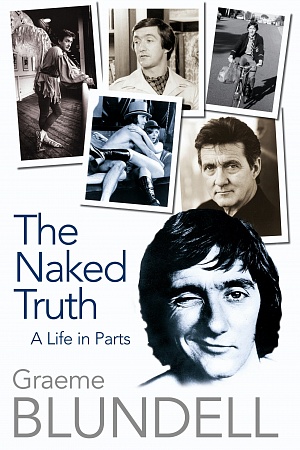Cloudstreet
Whereas the miniseries, most often based on revered literary texts, has been a staple of British television for fifty years, I could count on the fingers of a dismembered hand its Australian counterparts. In fact, the miniseries in general, as distinct from serials that run for a longer or shorter period, seems never to have been as common here, though The Dismissal (1983) remains an Australian small-screen highlight. (As for those derived from novels, the count is even sparser.)
However, last year delivered the goods in Rake, and2011 may just be about to lift the miniseries score significantly: we have had the excellent Paper Giants, ostensibly about the founding of Cleo magazine, but in fact an incisive study of changing cultural mores; we are promised a lavishly cast version of Christos Tsiolkas’s The Slap; and now comes Cloudstreet. For my money, this may be the most adventurous miniseries ever made here.
Continue reading for only $10 per month. Subscribe and gain full access to Australian Book Review. Already a subscriber? Sign in. If you need assistance, feel free to contact us.










Comment (1)
Leave a comment
If you are an ABR subscriber, you will need to sign in to post a comment.
If you have forgotten your sign in details, or if you receive an error message when trying to submit your comment, please email your comment (and the name of the article to which it relates) to ABR Comments. We will review your comment and, subject to approval, we will post it under your name.
Please note that all comments must be approved by ABR and comply with our Terms & Conditions.